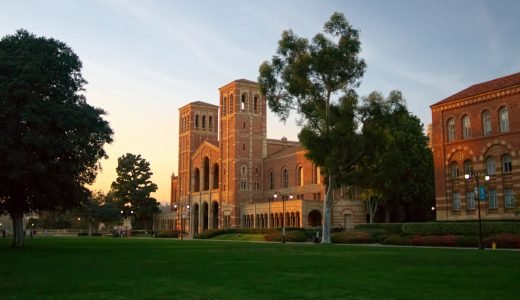FREE CONSULTATIONS:
415.925.5161
African American UCLA worker wins $1.58 million in hostile work environment case
Whether it is a corporate office or a restaurant kitchen, all workplaces are legally required to be free from discrimination and harassment. A hostile work environment is one in which pervasive verbal…
Sushi restaurant ordered to pay almost $30,000 in back wages to cooks
Employers looking to cut corners may sometimes think they can get away with not paying employees all the wages they have earned. Not only does such behavior result in employees missing out…
Senior care facility fined for wage theft after state investigation
Employees in certain industries are required to work overtime or be on call. Under California law, they must be paid for all time spent working beyond their regular hours. Employers are also…
Thousands of Comcast workers win $7.5 million settlement in wage and hour lawsuit
Employers are legally required to pay their employees wages they are owed. This includes compensation for meal and rest breaks. Failure to do so is a violation of federal and California labor…
Virgin America flight attendants get $78 million in wage and hour lawsuit
All employers are legally responsible for making sure their employees are paid the wages they are owed. Unfortunately, wage and hour violations can occur at small companies and large corporations alike. A…
Disclaimer: Macy’s class action lawsuit
Please note McCormack Law Firm is not handling this class action lawsuit. This blog post is simply reporting the case.
More training and safety needed for California wildfire prevention workers
California struggled with devastating wildfires in 2018. The state now faces the daunting task of figuring out how to manage its forests so that such large-scale disasters do not occur again in…
Sephora workers seek unpaid wages over time spent on applying makeup
In 2018, the California Supreme Court ruled that Starbucks and other companies must pay employees for tasks they perform after clocking out. Now, Sephora employees in the state are seeking compensation for…
SEEN ON













